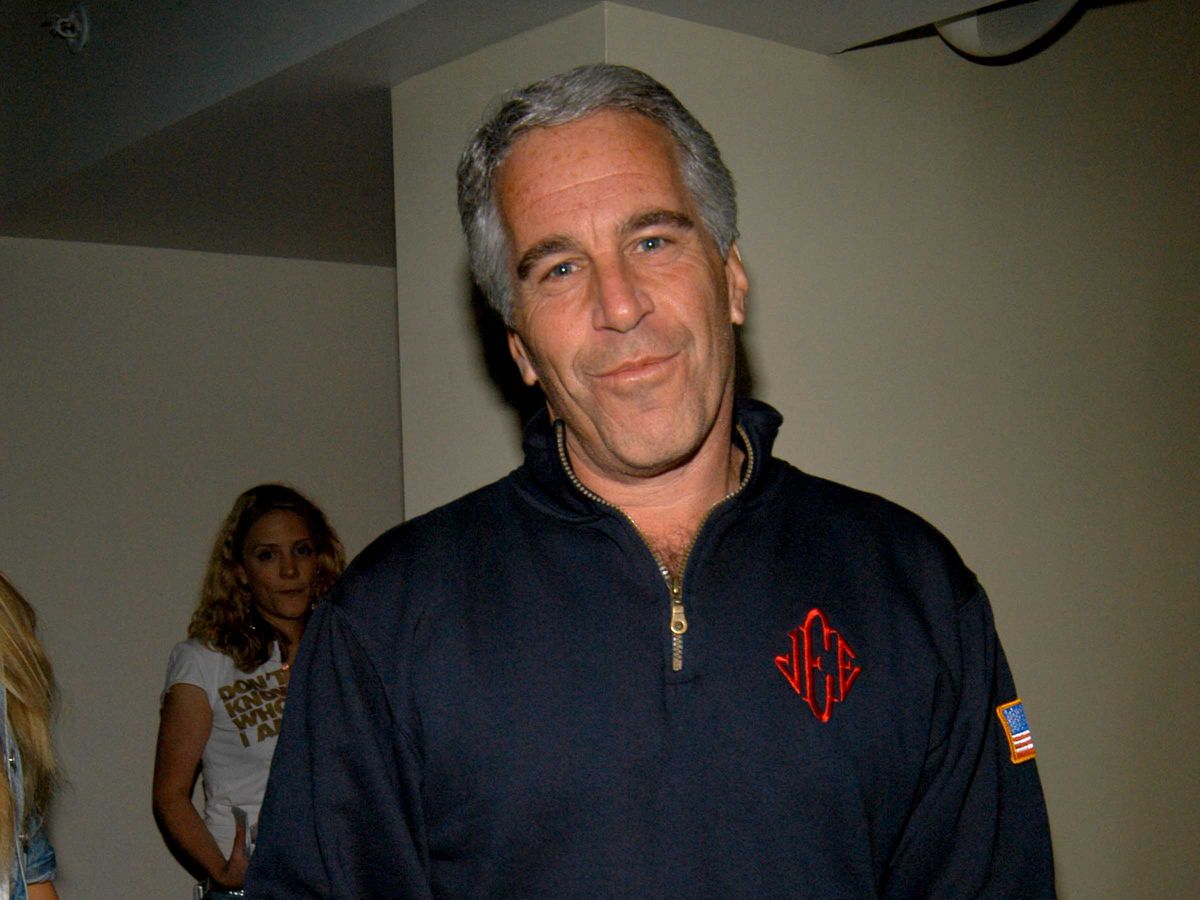Already a subscriber? Make sure to log into your account before viewing this content. You can access your account by hitting the “login” button on the top right corner. Still unable to see the content after signing in? Make sure your card on file is up-to-date.
Two former lawyers for Jeffrey Epstein have publicly dismissed long-standing theories about the disgraced financier, insisting he never maintained a “client list,” had no intent to blackmail associates, and was not connected to any intelligence agencies.
Some shit you should know before you read: Last week, one of Jeffrey Epstein’s former lawyers, Alan Dershowitz, made headlines after a March interview resurfaced from The Sean Spicer Show in which he made claims about the “list” of Epstein’s alleged clients. He said, “I know the names of the individuals. I know why they’re being suppressed. I know who’s suppressing them,” noting that he is legally prohibited from revealing these names. “But I’m bound by confidentiality from a judge and cases, and I can’t disclose what I know,” he added. He also pushed back on past accusations against him, saying he was “falsely named as a client.” Criticizing the continued secrecy around the case, Dershowitz remarked, “I know the names of people whose files are being suppressed in order to protect them, and that’s wrong.”

What’s going on now: In a notable development, Epstein’s former lawyers, David Schoen and Alan Dershowitz, have pushed back against widespread theories surrounding their former client. Schoen, who represented Epstein during his controversial 2008 plea deal, told NewsNation’s Cuomo that the persistent public demand for a “client list” is rooted in fiction. “I don’t believe for a second there’s a client list out there. That wasn’t Jeffrey Epstein,” he said, stressing that Epstein had no intentions of blackmailing powerful individuals. Schoen also stated Epstein was “very clear” before his death that he didn’t want people wrongly associating figures like Donald Trump with any criminal activity.
Alan Dershowitz, writing in The Wall Street Journal, echoed Schoen’s stance and said that while victims named several “clients” during FBI interviews, there was no formal list maintained by Epstein. “Epstein never created a ‘client list.’ The FBI interviewed alleged victims who named several ‘clients.’ These names have been redacted,” he wrote. He further noted, “They don’t include any current officeholders,” and cautioned that “we don’t know whether the accusations are true.”
On the topic of Epstein’s properties, Dershowitz dismissed rumors of hidden surveillance in private areas: “There are videotapes, but they are of public areas of his Palm Beach, Fla., home.” He added that any implication Epstein was working for Mossad was “categorically and totally false.”

Both attorneys also commented on Epstein’s death in 2019, which has been a focal point for conspiracy theorists. Dershowitz stated that the evidence “clearly” points to suicide, though he acknowledged that negligence by jail personnel may have contributed. Schoen was less certain, saying, “I don’t happen to believe that,” but admitted, “I can’t prove it and they can’t prove it,” referencing inconsistencies such as missing surveillance footage and Epstein’s apparent engagement in legal strategy just days before his death.
This all comes as renewed attention to Epstein’s case has ignited a political firestorm, particularly among Trump’s supporters, who feel betrayed by what they see as a failure to deliver long-promised transparency. Trump, who had previously campaigned on revealing explosive information about Epstein, has now urged his base to “move on,” saying, “I don’t understand what the interest and what the fascination is. I really don’t.” To add fuel to the fire, Attorney General Pam Bondi’s February comment that a “client list” was “sitting on my desk” has further fueled backlash. Bondi has since walked back those comments, claiming they were just documents, not a “client list.”






